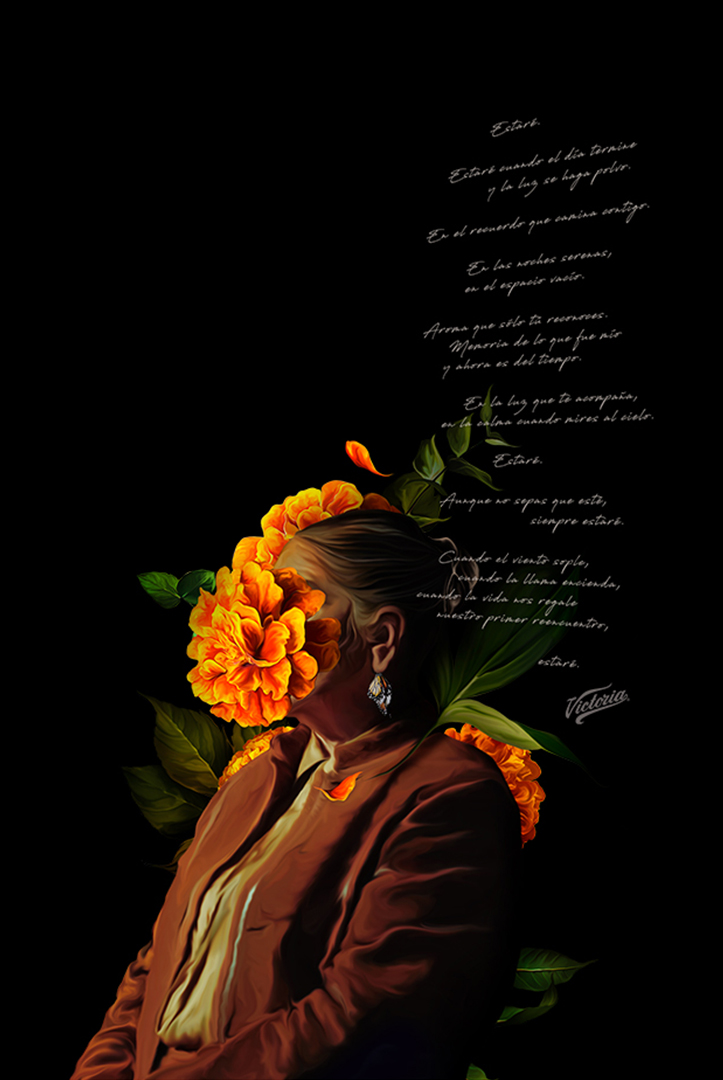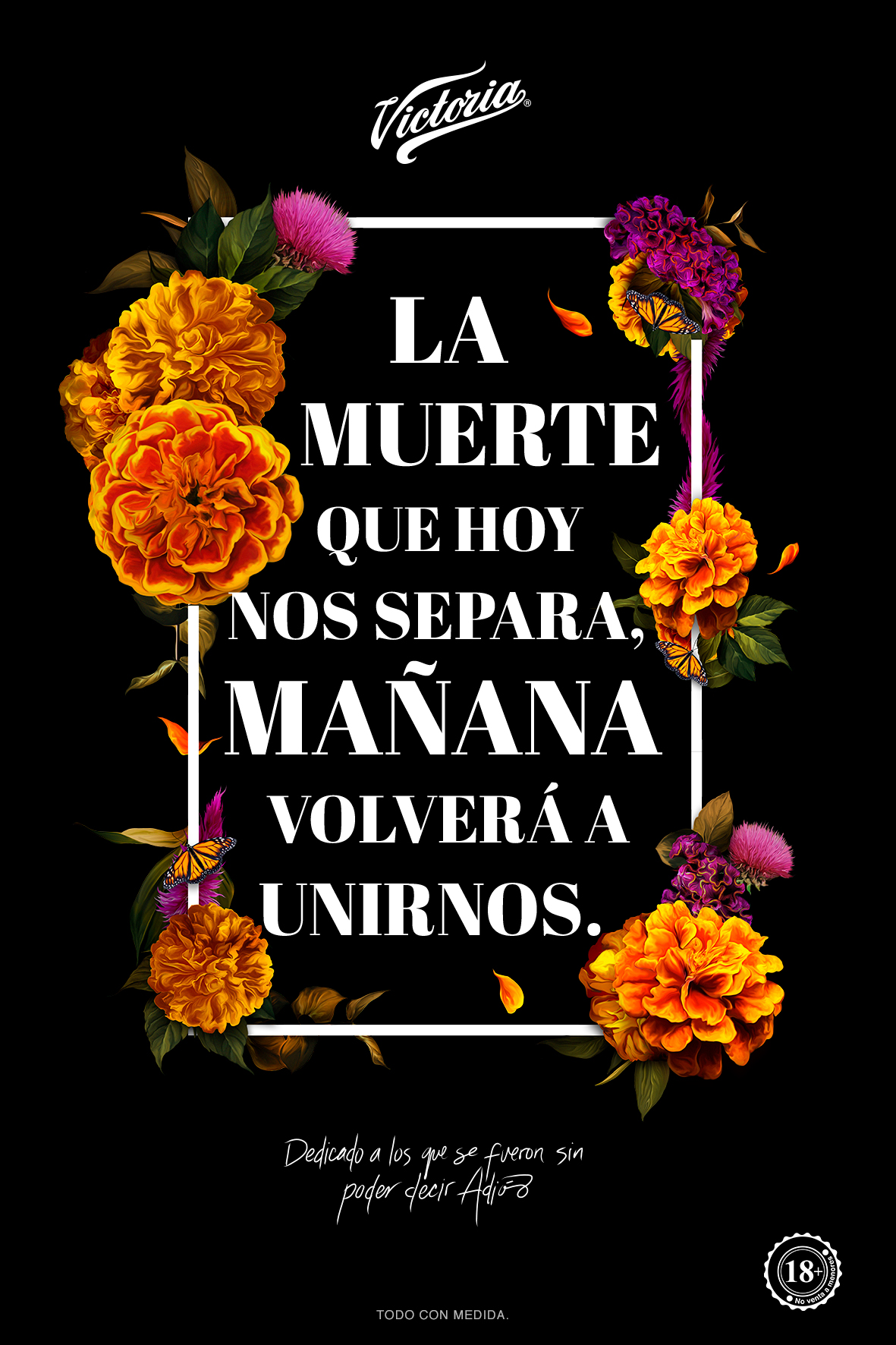

2020 has probably been the most difficult year in the lives of all Mexicans. Mexico was in 3rd place for recorded deaths by Covid-19 globally, following only the US and Brazil. Security and safety protocols throughout the year prevented us from saying goodbye to the loved ones that left us—a painful reality that, at that moment, didn't let us get proper closure.
"Icnocuícatl" (songs from a personal pain) is a genre of poetry that ancient pre-Hispanic Mexican cultures used to say goodbye to their loved ones, helping them find closure after their death. It's a tradition that was forgotten with the passing of time. Victoria, the most popular beer in Mexico, wrote an Icnocuícatl as a farewell to all the Mexicans who left without being able to say goodbye during this challenging time.
The poem was transformed into a film that portrayed the harsh feeling of contemplating those empty spaces left by our loved ones: chairs, sofas, and, of course, their rooms. Meanwhile, those who remained proudly hold their loved one's portrait—the picture that goes onto the Day of the Dead altar, letting them into our world.
The film was dedicated to families of all social levels who lost someone. It was adapted into different versions with various actors and voices, with the aim of representing a diverse sector of the population. We even created one version in Náhuatl, the original language of the Mexicas.
The film was dedicated to families of all social levels who lost someone. It was adapted into different versions with various actors and voices, with the aim of representing a diverse sector of the population. We even created one version in Náhuatl, the original language of the Mexicas.




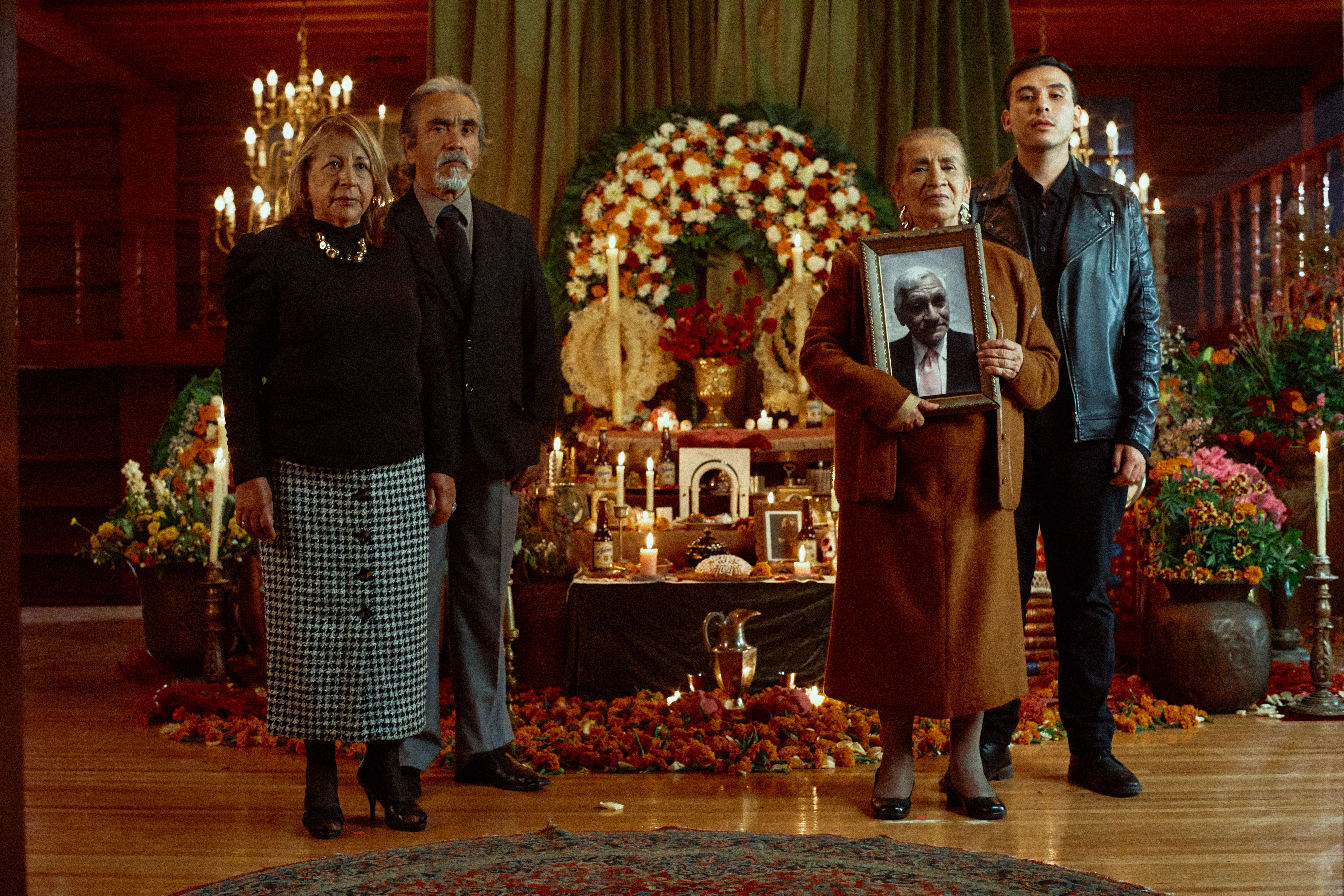
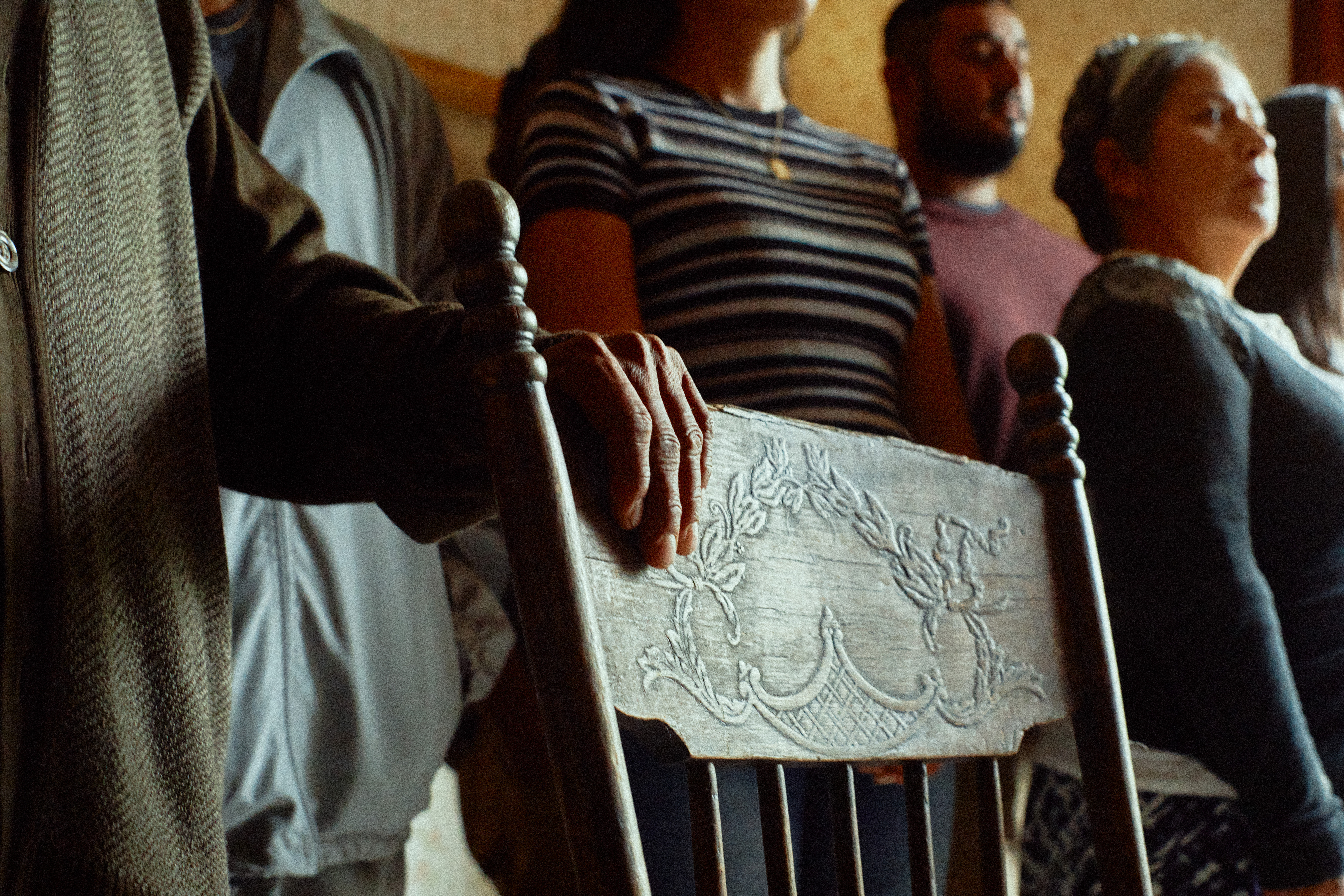
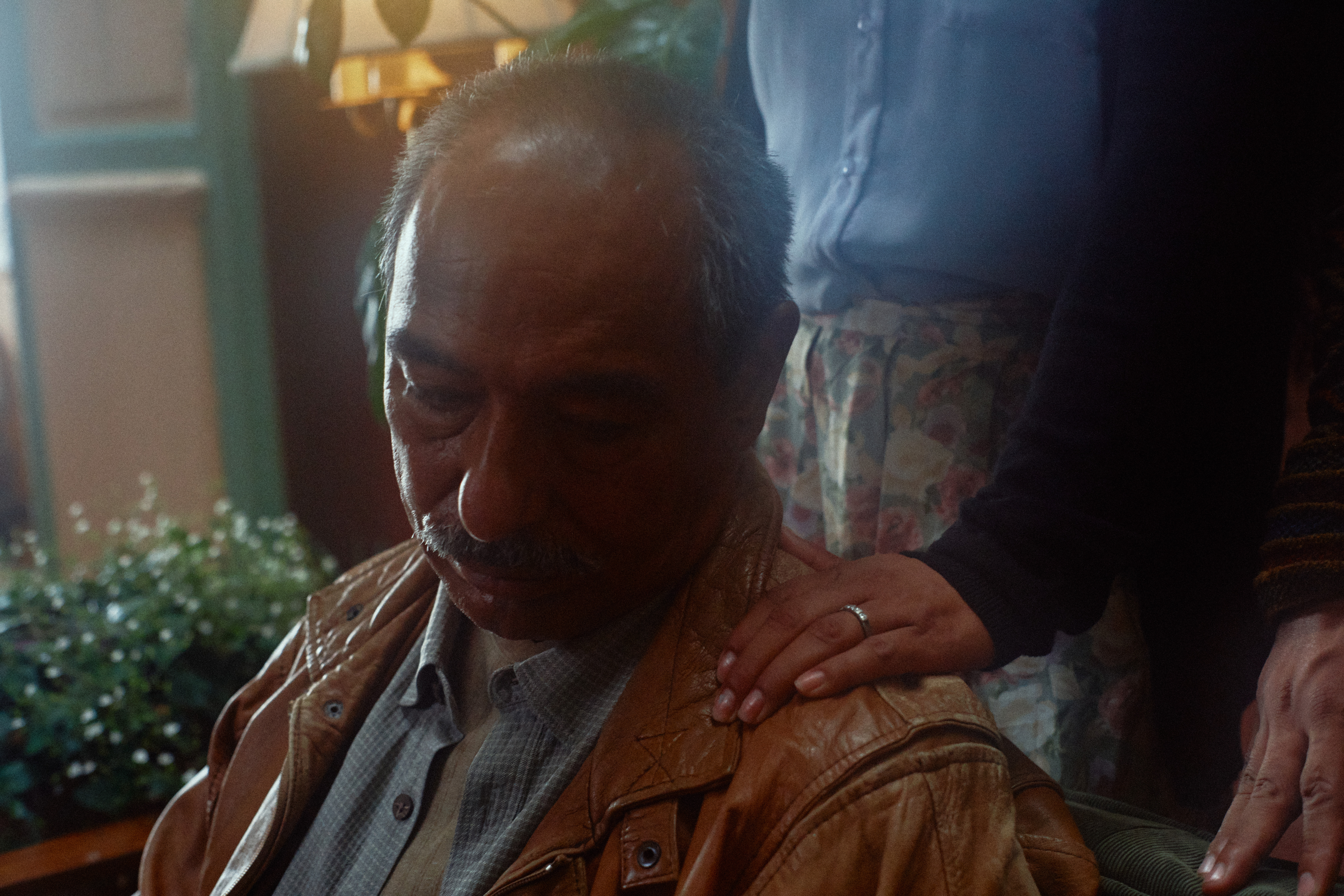

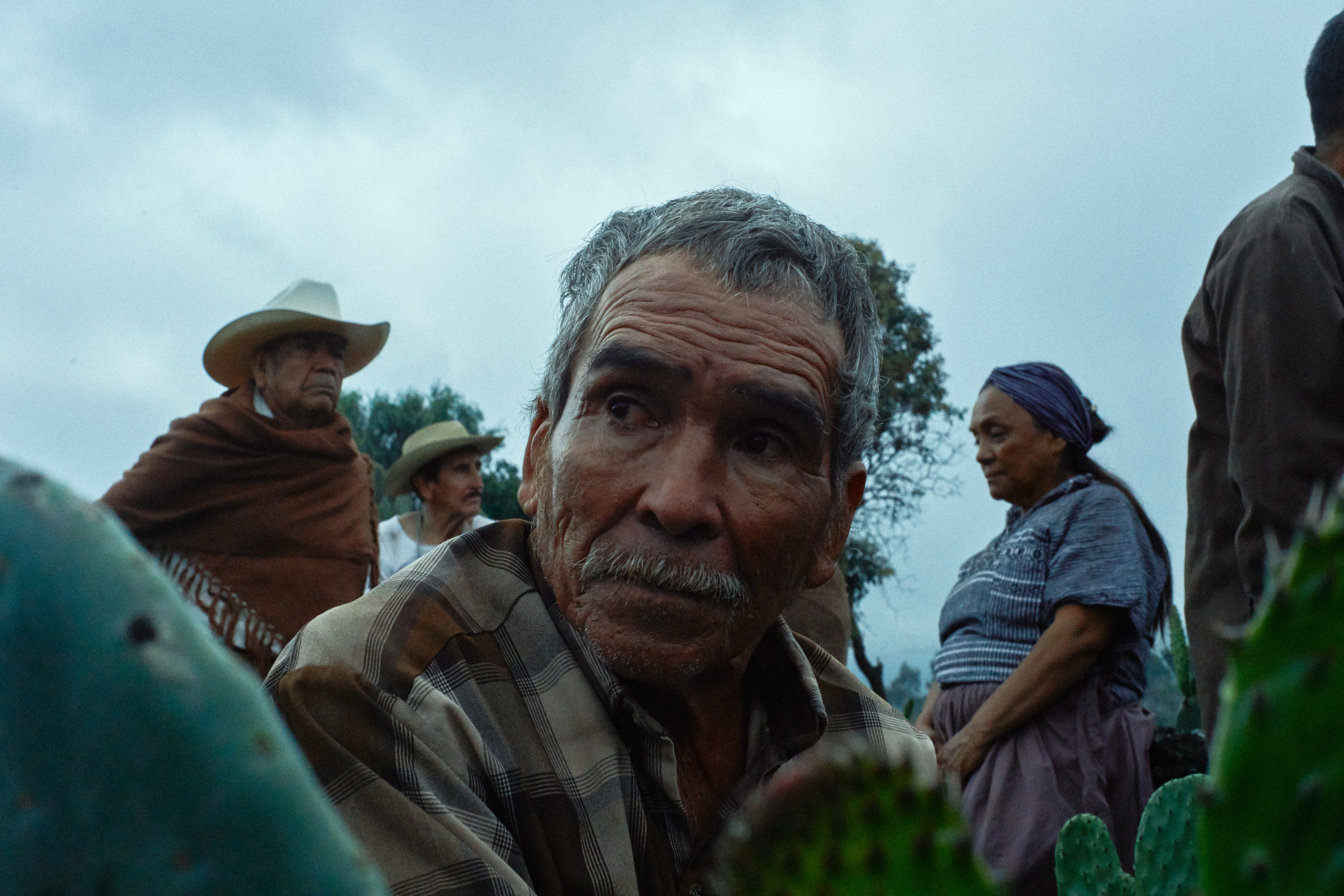
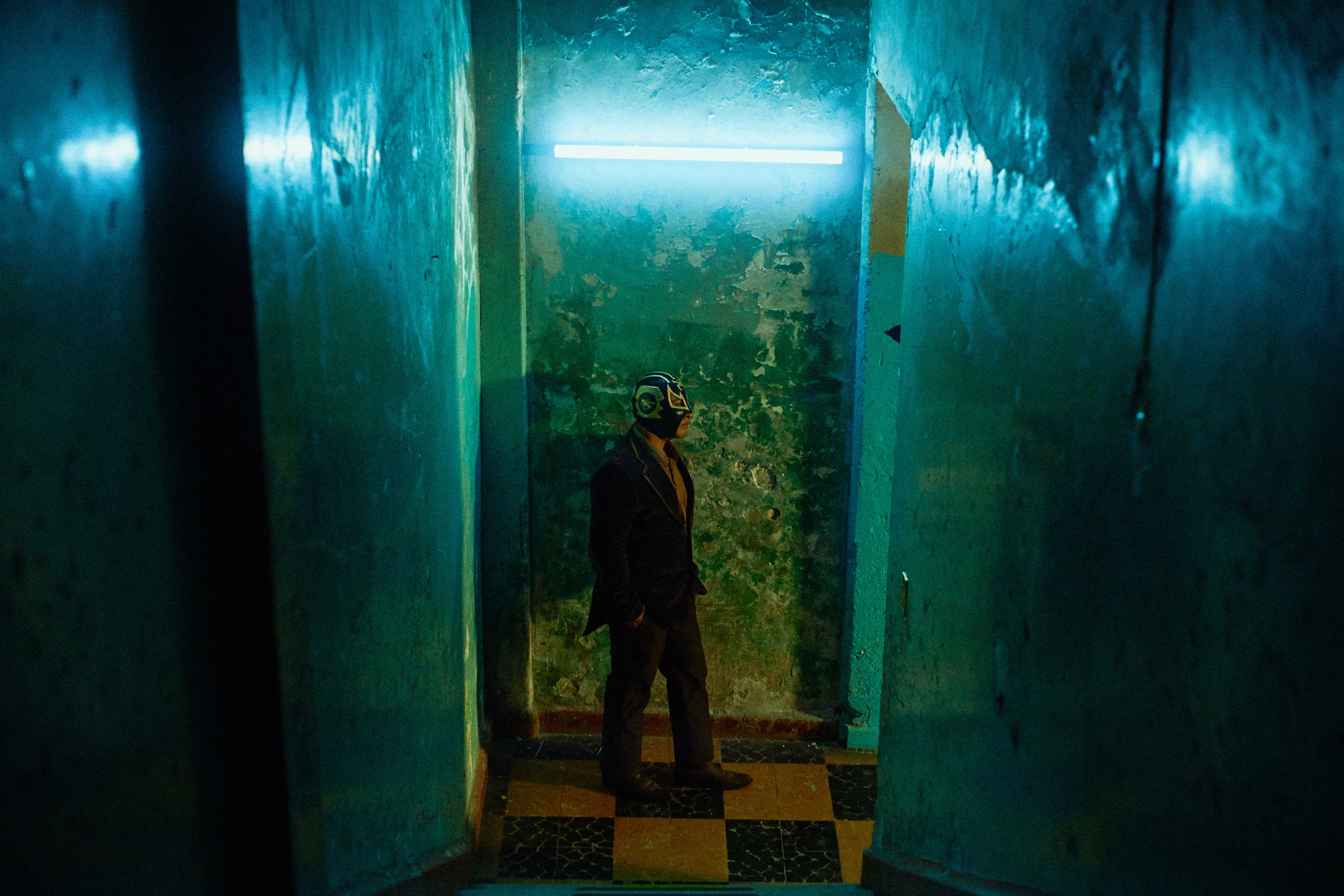



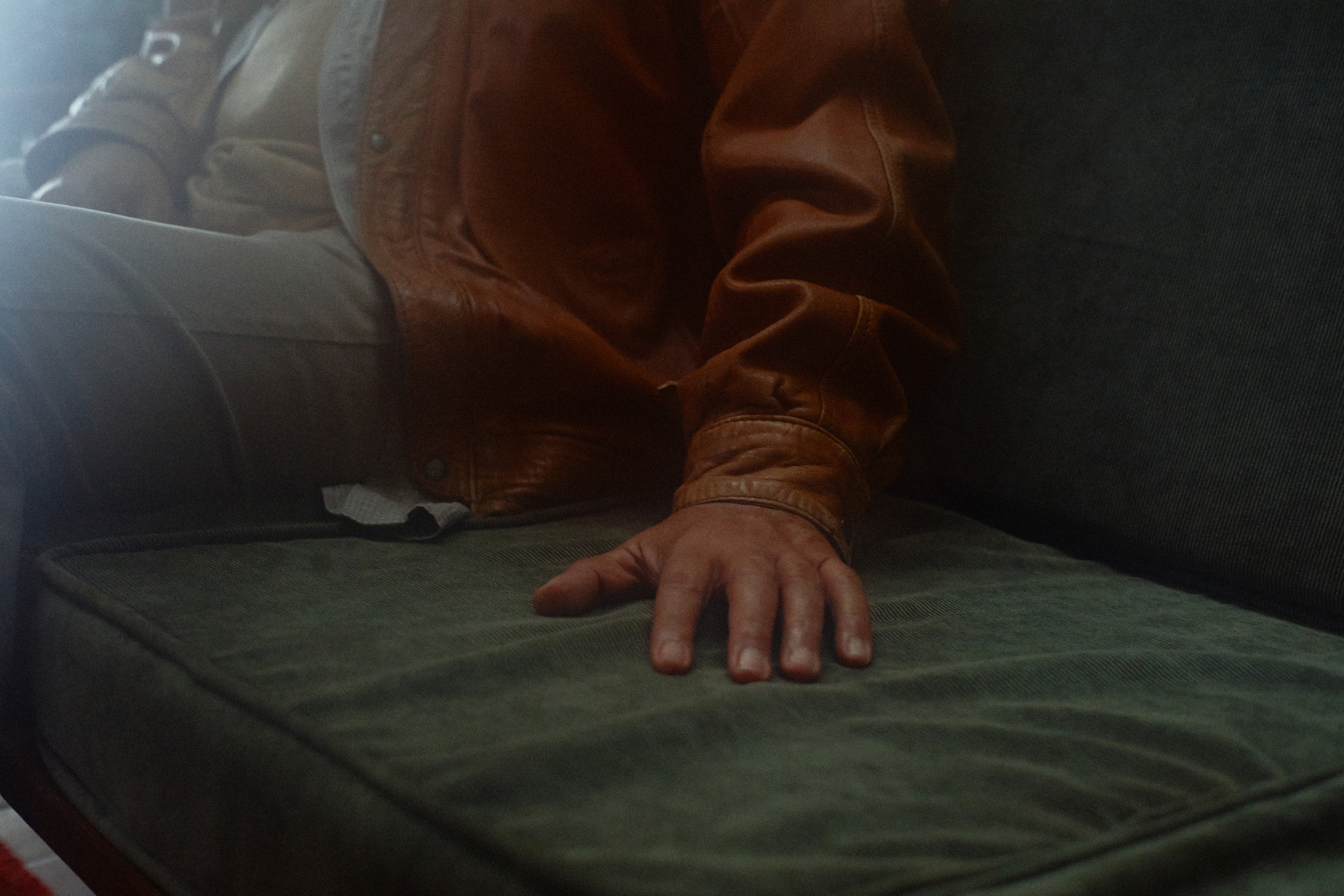
In collaboration with Ricardo Luévanos (a renowned Mexican artist who expresses himself through the beauty of naturalism and the aesthetics of the human figure), Victoria created a family of illustrations to celebrate the 'Day of the Dead.' The portraits are intended to honor those who left without being able to say goodbye, displaying an Icnocuícatl.

